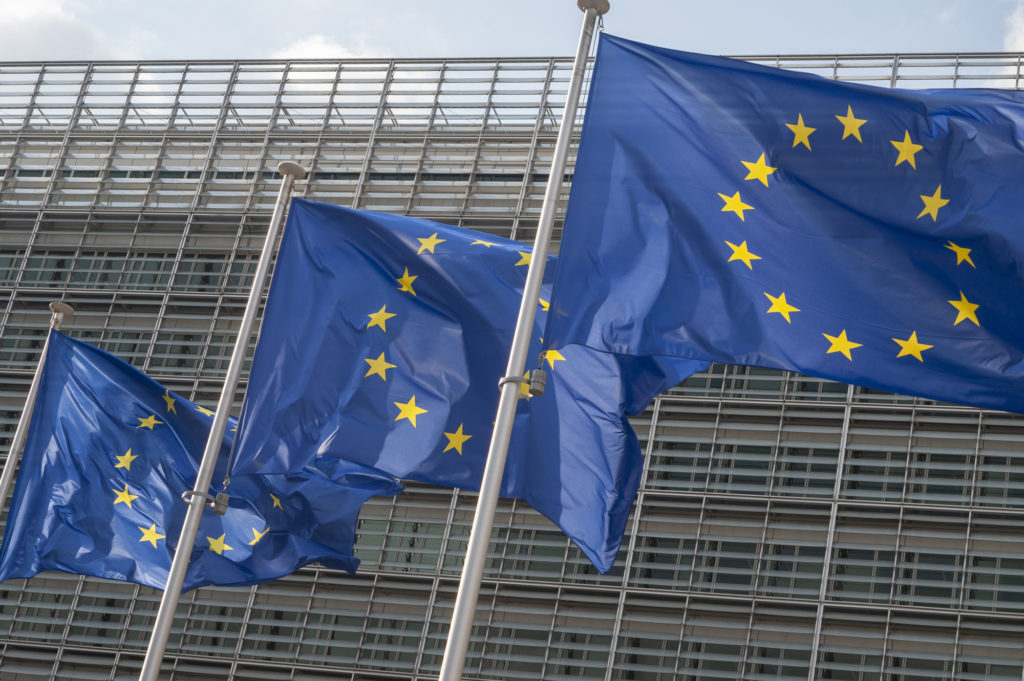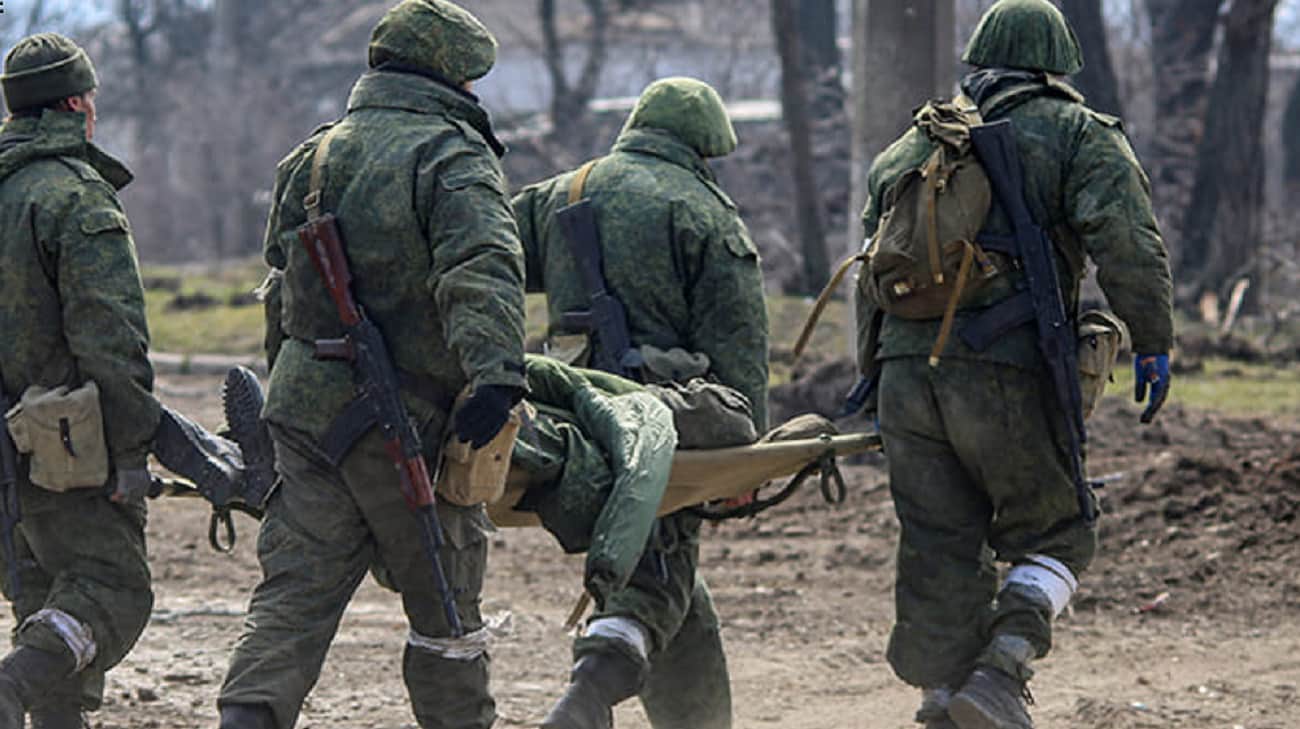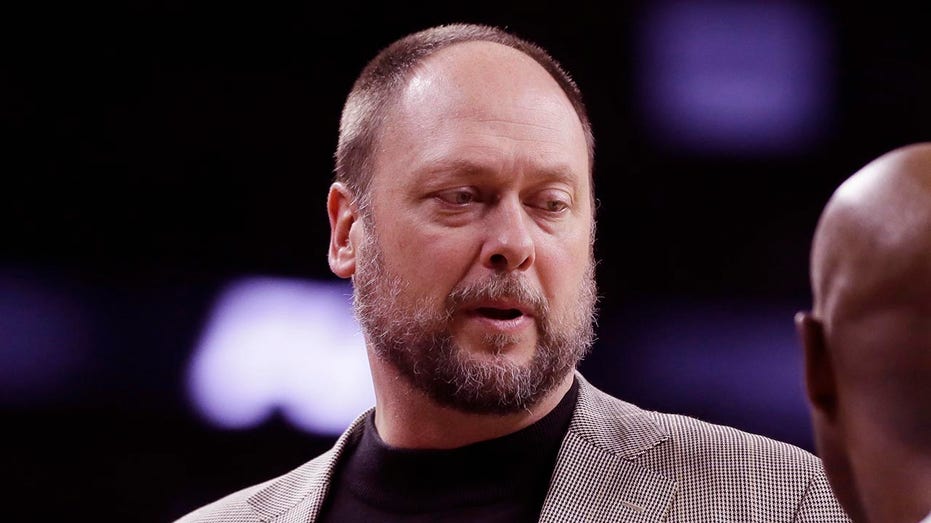EU foreign ministers to meet in Brussels, not Budapest, over Ukraine diplomacy spat
EU foreign policy chief Josep Borrell announced a venue change for an upcoming ministerial meeting, citing Hungary's controversial solo diplomatic efforts on Ukraine.


The EU’s top diplomat, Josep Borrell, said on 21 July that the informal meeting of foreign and defense ministers would be held in Brussels instead of Budapest in response to Hungary’s controversial diplomatic actions regarding Ukraine.
“We have to send a signal, even if this is a symbolic signal,” Borrell told reporters after a foreign ministers meeting in Brussels, explaining the change of venue.
The move comes as a rebuke to Hungary’s Prime Minister Viktor Orbán for his self-declared “peace missions” to Ukraine, Russia, China, and Florida, which were conducted without coordination with other EU members. Borrell emphasized that Hungary’s uncoordinated steps to speak against EU unity must “have some formal consequences.”
“I refuse the word boycotting. The meeting will occur, and Hungary will be there,” Borrell said.
The decision follows pressure from several EU member states, who had indicated they would downgrade their participation in informal meetings planned in Budapest during Hungary’s EU presidency. The European Commission also asked its Commissioners not to attend informal ministerial meetings during Hungary’s six-month EU stint.
According to Borrell, 13 member states wanted the meeting to occur in Budapest, five said they would not attend, and eight left the decision to him. Some countries had even suggested holding the meeting in Kyiv instead of Budapest, though this proposal did not gain majority support.
Hungary’s Foreign Minister Péter Szijjártó criticized the decision, saying, “What a fantastic response they have come up with. I don’t want to hurt anyone’s feelings, but it feels like being in a kindergarten.”
Borrell countered by reminding Hungary of its obligations under EU treaties, specifically Article 24.3, which requires member states to support the bloc’s foreign policy “actively and unreservedly in a spirit of loyalty and mutual solidarity.”
“Each member state is sovereign on its foreign policy – true. But as far as they are members of this club, they have to obey the treaties,” Borrell said.
The EU’s chief diplomat also addressed Hungary’s accusations that the EU has a “pro-war policy” regarding Ukraine. “It is Putin, who is the war party, the only one which provokes is Putin, who is calling for Ukraine’s partition and rendition as preconditions for any talks and any ceasefire,” Borrell stated.
Read also:
- Hungary again blocked EU fund for Ukraine’s military aid
- Latvian FM Braže calls for immediate lifting of restrictions for Ukraine on strikes inside Russia’s territory
- ISW: Russians advance in multiple directions, achieve success near Niu York, Donetsk Oblast
You could close this page. Or you could join our community and help us produce more materials like this.
We keep our reporting open and accessible to everyone because we believe in the power of free information. This is why our small, cost-effective team depends on the support of readers like you to bring deliver timely news, quality analysis, and on-the-ground reports about Russia's war against Ukraine and Ukraine's struggle to build a democratic society.
A little bit goes a long way: for as little as the cost of one cup of coffee a month, you can help build bridges between Ukraine and the rest of the world, plus become a co-creator and vote for topics we should cover next. Become a patron or see other ways to support.



